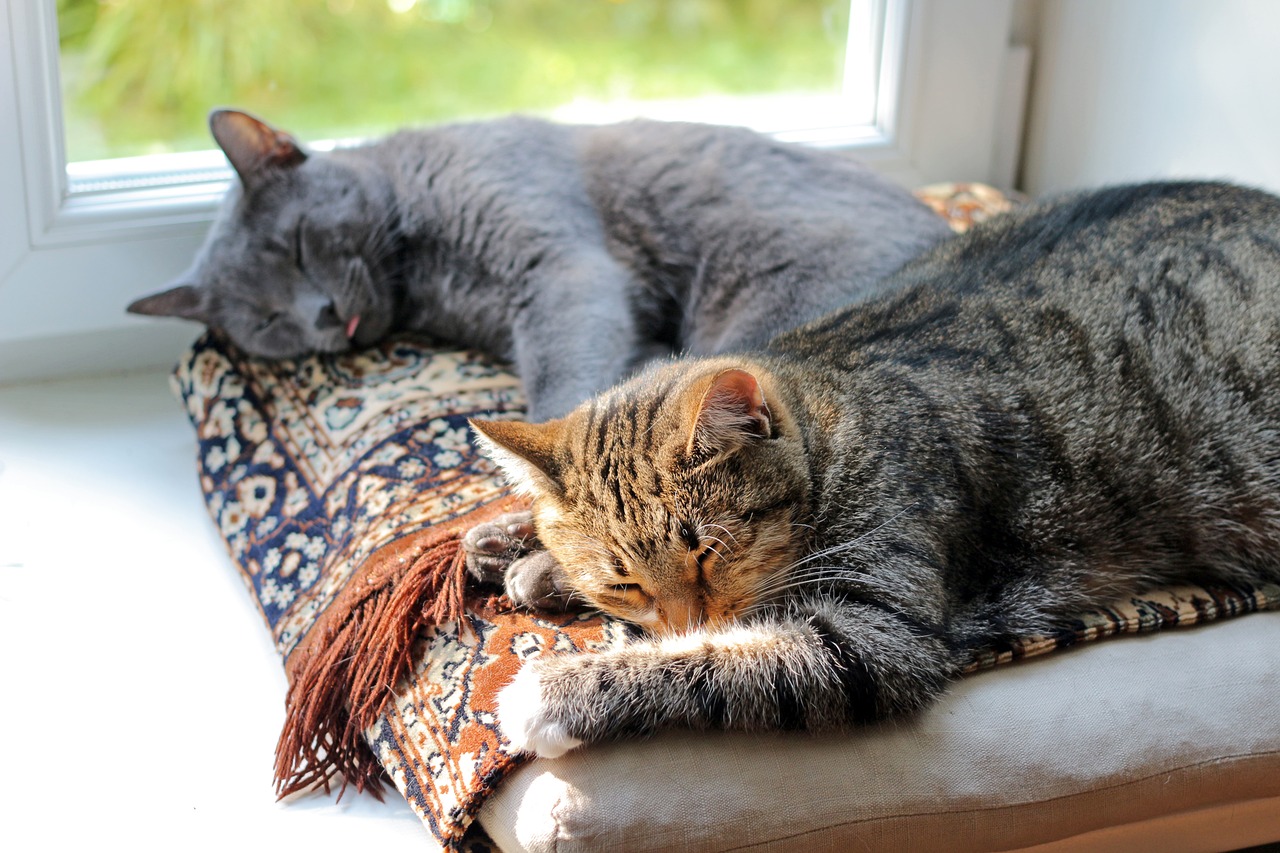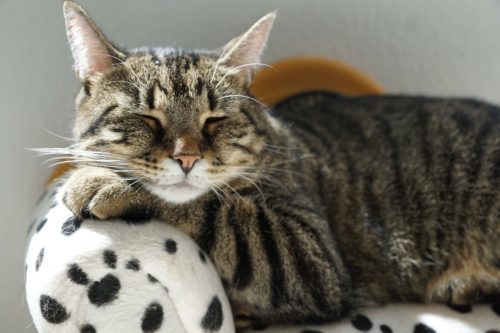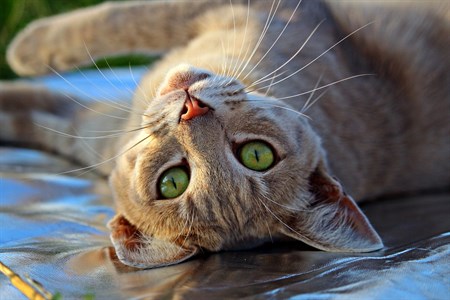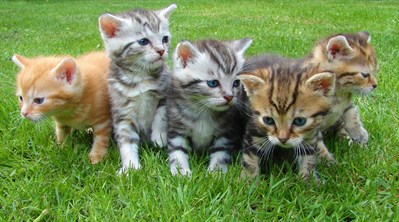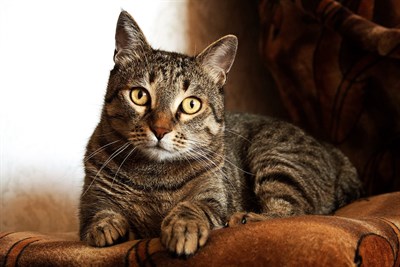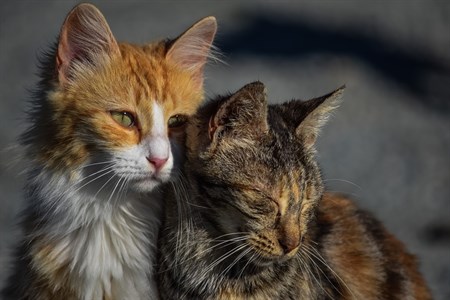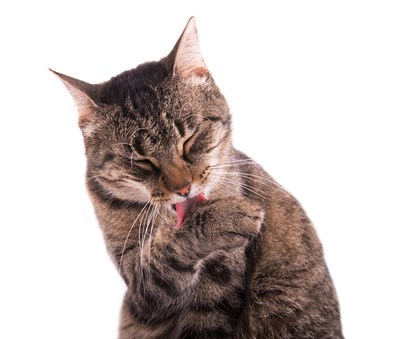The Truth About Feline AIDS
Feline Immunodeficiency Virus (FIV) is commonly known as Feline AIDS because of its similarities to Human Immunodeficiency Virus (HIV). FIV is relatively uncommon, but it can have serious impacts on a cat’s health and well-being. With proper care, cats with FIV can live many years and usually can share a household with other, FIV-negative cats. […]
Managing Feline Acne
Acne may be most common with teenagers, but many cats also develop this skin condition on the chin and lips. Fortunately, feline acne is usually minor and easy to treat. Brandi Miller, a veterinary student at the Texas A&M College of Veterinary Medicine & Biomedical Sciences, has advice for managing cat acne and avoiding infections. […]
A Cat’s Five Senses
In the animal kingdom, big cats have developed several adaptations that allow them to be top predators in a variety of ecosystems. While modern house cats may not need to hunt to the same extent as wild cats, our pets have still kept several interesting abilities that enhance their senses. Dr. Carly Patterson, a clinical […]
Choosing the best diet for your kitten
Kittens have very specific dietary needs in order to grow into healthy, active adult cats. As carnivores, all cats need more protein than many other pets, but kittens also require a variety of nutrients to provide energy for growth and development. Dr. Deb Zoran, a professor at the Texas A&M College of Veterinary Medicine & […]
Feline inappropriate elimination–thinking outside the litter box
Inappropriate elimination, or urinating outside of the litter box, is one of the most common problems noted by indoor cat owners. Currently, it is a dominant reason for owners to surrender their cats at a shelter. While it is a frustrating issue, inappropriate urination can stem from a number of underlying causes, including behavioral or […]
Heartworms in cats
Heartworms, which are spread by mosquitos, can cause serious health complications in pets. Although heartworms are more commonly diagnosed in dogs, cats are also at risk for this disease. Megan Arroyo, a veterinary student at the Texas A&M College of Veterinary Medicine & Biomedical Sciences, explained how heartworms can harm our feline friends. “The adult […]
Kittens born to feral cats can still be “purr”-fect pets
Feral cats may look cute and cuddly, but they are a lot different than a typical house cat. While feral cats are considered wild animals and prefer to live their lives outdoors, their kittens can be rescued from the streets and put into loving homes as pets. Feral cats have never been socialized to humans. […]
Cats are carnivores, so they should eat like one
Diet can have a big impact on health. Just like humans, cats have special dietary needs to help them stay healthy. However, feline diets are a lot different than human diets. Cats are obligate carnivores, meaning they require meat in their diet and need little carbohydrates. In the wild, cats usually prey on small animals, […]
When is your cat hiding illness or injury?
We do our best to take care of our feline friends, but sometimes signs of pain and sickness go unnoticed. Dr. Stacy Eckman, clinical assistant professor at the Texas A&M College of Veterinary Medicine & Biomedical Sciences, described feline behavior that could mean a cat is hiding an illness, injury, or other underlying health issue. […]
Feline Upper Respiratory Infections
If your cat has irritated eyes, nasal discharge, and is sneezing and feeling lethargic, they may have an upper respiratory infection (URI). Feline URIs are commonly caused by certain viruses and spread by exposure to infected cats and their secretions. Though the viruses that cause feline URIs are present within cat populations, Dr. Christine Rutter, […]

